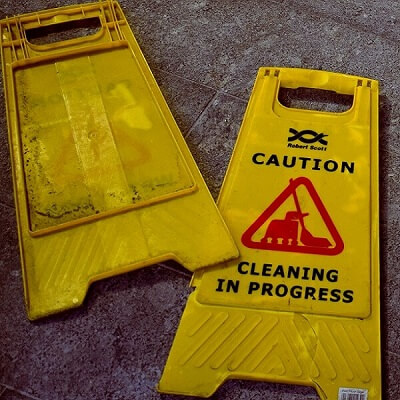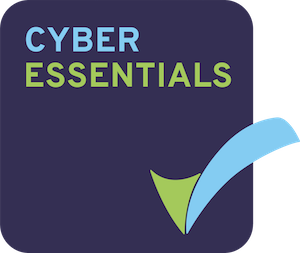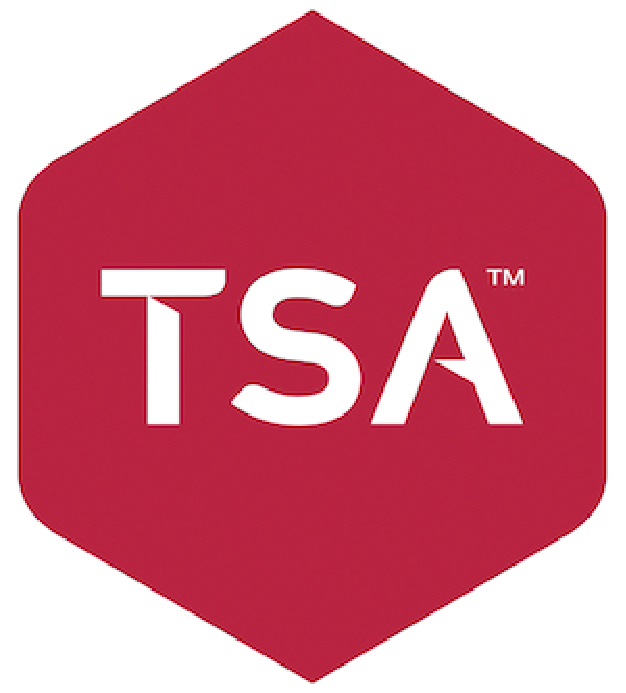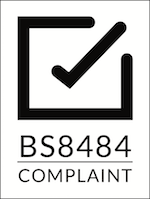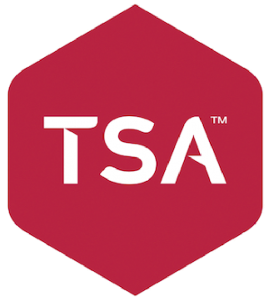Every workplace in the UK is subject to RIDDOR. This is a health and safety law that came into effect in 2013. Both employers and employees have various responsibilities under RIDDOR, such as reporting accidents and other hazards in the workplace. Today’s article will take a closer look at how RIDDOR affects employees, employers, and Responsible Persons.
What is RIDDOR?
RIDDOR stands for “Reporting of Injuries, Diseases, and Dangerous Occurrences Regulations”. This legislation was designed to simplify the reporting of work-related accidents, diseases, and incidents with the potential to cause harm.
Employers’ Responsibilities Under RIDDOR
All employers, self-employed people, and people in control of work premises (known as Responsible Persons) have a legal obligation to report incidents that meet RIDDOR criteria. Therefore, failing to report a relevant incident constitutes breaking the law.
The Health and Safety Executive (HSE) uses RIDDOR reports to monitor trends and investigate serious incidents, holding employers accountable for any breaches in health and safety law. This supports HSE’s efforts to keep employees safe in the workplace.
Employers should report all incidents under RIDDOR without delay. In most cases, HSE must receive the report within 10 days of the incident. The exception is for accidents that result in a worker’s incapacity for more than seven days – these must be reported within 15 days of the incident.
Employees’ Responsibilities Under RIDDOR
Employees do not have a legal obligation to report any incidents under RIDDOR. In fact, RIDDOR does not impose any responsibilities on employees themselves unless they are the nominated Responsible Person.
If an employee suffers a work-related injury or other reportable incident, they should inform their employer or the nominated Responsible Person. The employee should not submit a RIDDOR report themselves. If the employee is concerned that the incident has not been reported, they should contact their employee representative or trade union representative. Finally, if they are still not satisfied that the report has been properly submitted, they may wish to contact HSE directly.
What Needs to be Reported?
There are several different kinds of incidents that must be reported under employers’ RIDDOR responsibilities. These include:
- Work-related accidents which cause death
- Work-related accidents which cause serious injuries
- Cases of certain industrial diseases e.g. mesothelioma due to asbestos exposure
- Incidents with the potential to cause harm (called ‘dangerous occurrences’)
Reportable Injuries
Not all incidents and injuries need to be reported. RIDDOR categorises several injuries which employers must report. HSE calls these ‘specified injuries’. These are:
- Fractures (except to fingers, thumbs, and toes)
- Amputations
- Any injury likely to lead to permanent loss of sight or reduction in sight
- Any crush injury to the head or torso causing damage to the brain or internal organs
- Serious burns and scalds which cover more than 10% of the body or cause significant damage to the eyes, respiratory system, or other vital organs
- Any scalping requiring hospital treatment
- Any loss of consciousness due to head injury or asphyxia
- And any other injury arising from working in an enclosed space which leads to hypothermia or heat-induced illness or requires resuscitation or admittance to hospital for more than 24 hours
Employers/Responsible Persons must also report any work-related injuries involving members of the public if the injured person is taken to hospital for treatment. However, if the person is taken to hospital as a precaution and no injury is apparent, there is no need to report the incident under RIDDOR.
Reportable Diseases
As well as injuries, employers’ responsibilities under RIDDOR include reporting all diagnoses of certain occupational diseases. These diseases are:
- Carpal tunnel syndrome
- Severe cramp of the hand or forearm
- Occupational dermatitis
- Hand-arm vibration syndrome
- Occupational asthma
- Tendonitis or tenosynovitis of the hand or forearm
- Any occupational cancer
- Any disease attributed to occupational exposure to a biological agent such as bacteria and viruses.
Reportable Dangerous Occurrences
Incidents that don’t fall into the categories above may still need reporting under RIDDOR. Employers are responsible for reporting certain near-miss incidents called ‘dangerous occurrences’.
There are three categories of dangerous occurrences.
General
- Lifting equipment
- Pressure systems
- Overhead electric lines
- Explosives
- Biological agents
- Radiation generators and radiography
- Breathing apparatus
- Diving operations
- Collapse of scaffolding
- Train collisions
- Wells
- Pipelines or pipeline works
Employers’ RIDDOR responsibilities include reporting these incidents without delay.
Incidents occurring at any place other than an offshore workplace
- Structural collapse
- Explosion or fire
- Release of flammable liquids and gases
- Hazardous escapes of substances
Under RIDDOR responsibilities, employers/Responsible Persons must report the incidents above unless they occur at an offshore workplace.
Incidents occurring at specific types of workplace
This category covers offshore workplaces, mines, quarries, and certain transport systems.
Employers and Responsible Persons have the responsibility to report the following incidents under RIDDOR:
- Release of petroleum hydrocarbon
- Fire or explosion
- Release or escape of dangerous substances
- Collapses
- Equipment failure
- Dropping objects which could cause a specified injury or death
- Weather damage which could cause a specified injury or death
- Collisions
- Subsidence or collapse of seabed
- Evacuation
- Falls into water
How to Make a Report Under RIDDOR
To comply with RIDDOR responsibilities, employers/Responsible Persons must report all relevant instances to HSE. You can report an incident online using the official forms.
In addition, fatal incidents may be reported by telephone. Call 0345 300 9923 between 8:30 am and 5:00 pm from Monday to Friday.
Finally, if you need to report a serious incident out of hours, you can telephone 0151 922 9235. You should only do this out of hours following a work-related death, a serious incident with multiple casualties, or an incident that has caused major disruption e.g. evacuation or road closure.
Keeping Employees Safe
RIDDOR is in place to protect people – both employees and members of the public. If your employees work alone or encounter occupational hazards, a Lone Alarm system can help. Lone Alarms contain the latest technology including GPS locators, automatic fall detectors, and mobile connectivity. In an emergency, a worker can press the alarm’s SOS button to raise an instant call for help.
Our 24-Hour Monitoring Centre will respond to every call, assessing the risk before taking the appropriate course of action. This could involve calling your office, contacting a manager or colleague, or – when necessary – calling the emergency services.
To find out how Lone Alarms can support you and your employees, don’t hesitate to contact our friendly team. Call 0800 03 08 222 or get in touch online.
Editor’s Note: This article was updated on 13th March 2024 to reflect current information.




